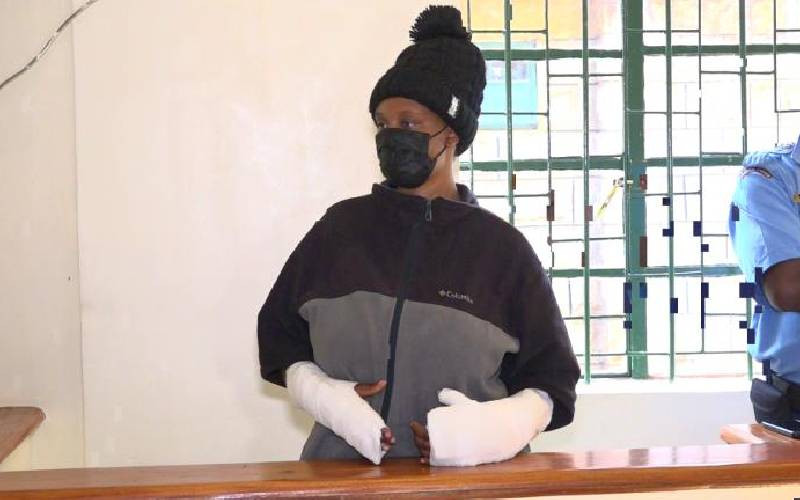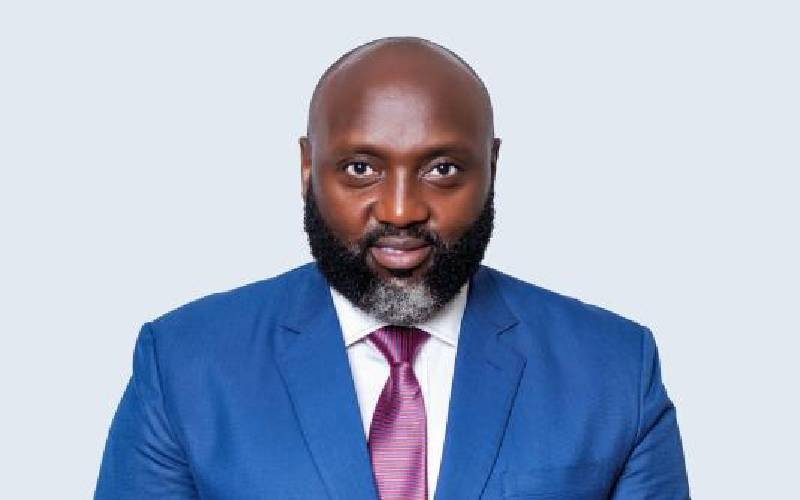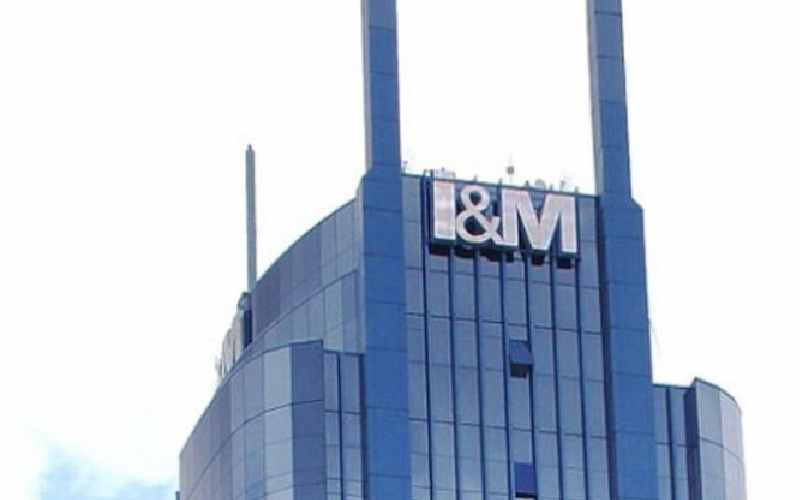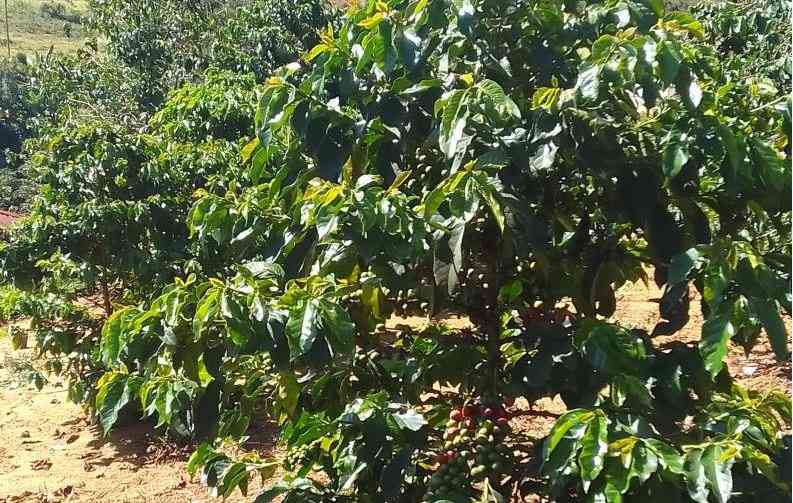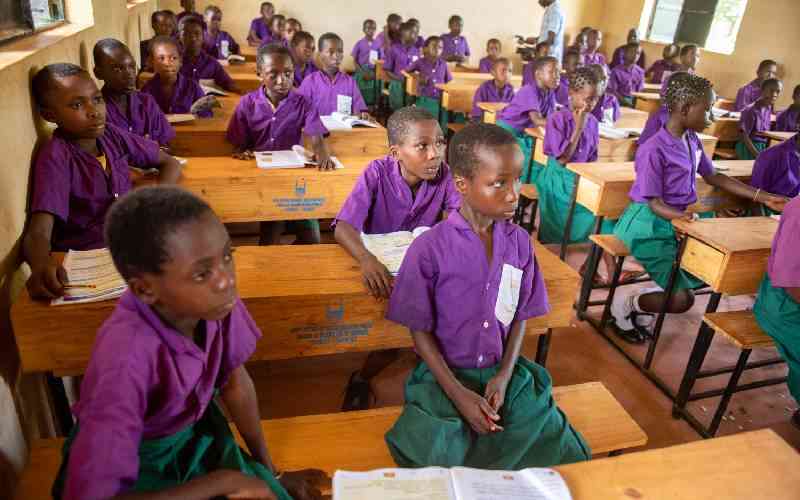
For many children in Kenya, going to school is not merely a daily routine but a battle for their future especially for learners studying under trees, crumbling and overcrowded classrooms.
As Kenya celebrates learners who sat their national examinations last year, it is a moment to reflect on quality education that requires more than free tuition. It requires investment in facilities and inclusive programmes tailored to the needs of every community.
Since the introduction of free primary education in 2003, Kenya has made strides in achieving universal access. To complement the county government’s efforts to break down barriers to education in five arid and semi-arid lands (ASAL) counties, Islamic Relief Kenya is improving school infrastructure, equipping teachers and fostering inclusive, child-friendly learning environments.
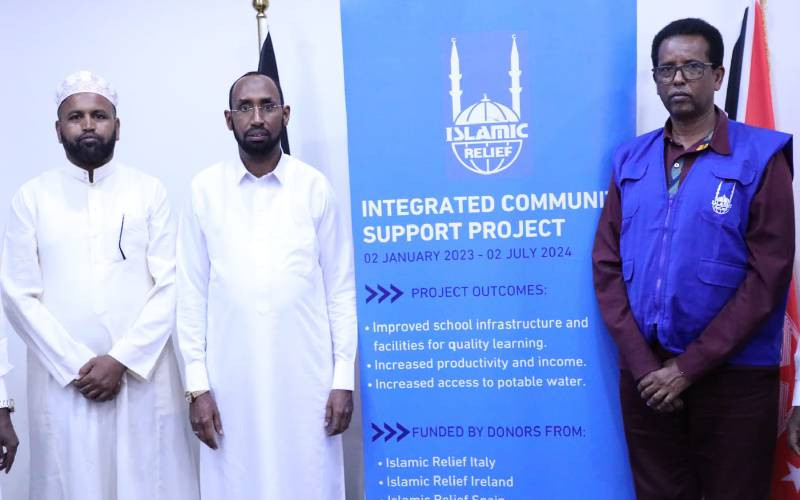
In 2024, Islamic Relief Kenya constructed 35 new classrooms, renovated 26 existing classrooms, and supplied over 1,000 learner-friendly desks, enhancing the learning experience in schools across Kenya. 27 gender-sensitive toilets were built while solarising 13 of the schools is ensuring reliable energy for uninterrupted learning.
Where once worn-out walls, leaking roofs and hot sun discouraged learning, today, bright and well-maintained classrooms line the school grounds.
Progress and Inclusion
Bulla Mpya Primary School in Mandera County, established in 1969, is one of the schools benefiting from the support. Serving children from Kenya, Ethiopia, and Somalia, the school’s ageing infrastructure struggled to accommodate its growing student population. By 2023, over 2,300 students were crammed into 27 classrooms, many of which were in disrepair. With only 20 toilets, many students, especially girls, were forced to seek sanitation facilities in neighbouring villages.
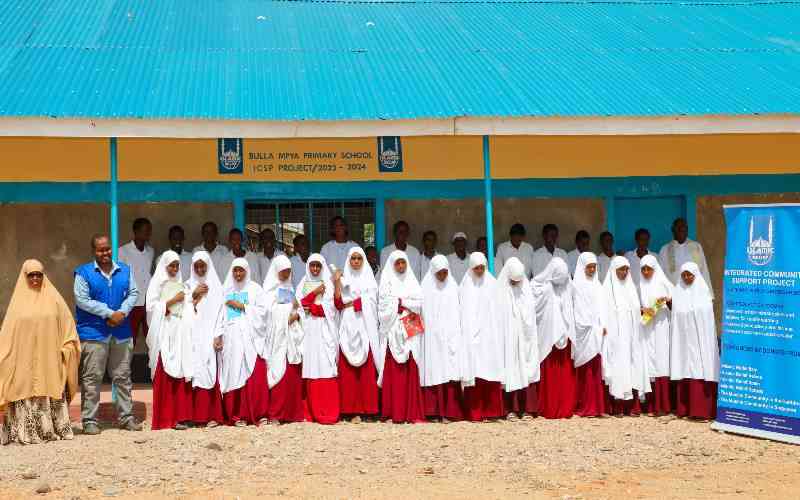
The school received two new classrooms and renovations for four others, alleviating overcrowding. Additionally, 115 new three-seater desks and dignity kits for 103 girls were supplied. The school also received new gender-segregated latrines that improved hygiene and safety for all students.
For Zamzam Sahal, a Grade 6 student at Bulla Mpyais already seeing the benefits. “Before, it was hard to concentrate in a crowded classroom. Now, I feel like I have space to grow and learn. The new latrines, desks, and books mean we can stay in school comfortably for longer,” she says with a smile.
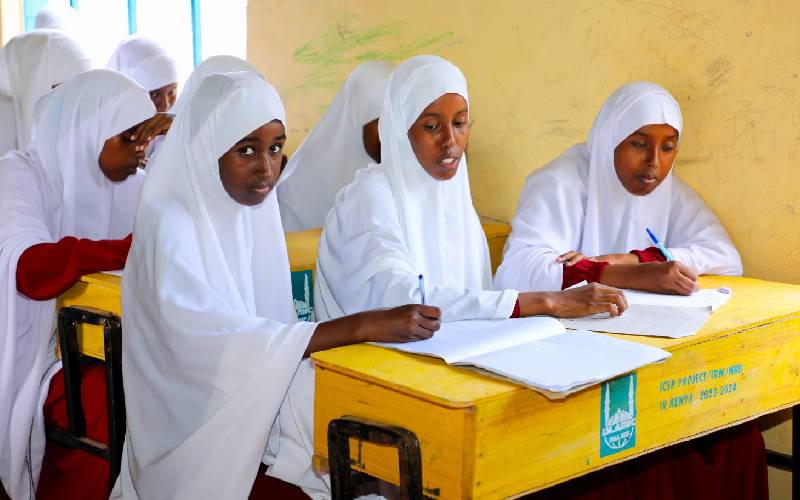
"The new classrooms and facilities have made a huge difference. We are now able to enrol more students, and that’s a victory for every child in this community," said the headteacher Fatuma Bash. "The 28% surge in enrollment from 2,348 to 2,650 in 2024 shows the difference these changes have made. Managing classes is also much easier now."
Hussein Ibrahim, a representative from the Ministry of Education, lauded the initiative, describing it as “a model for addressing infrastructure gaps in underserved regions. The collaboration between Islamic Relief Kenya and the county government has brought transformative change to communities that need it most.”
Teachers have also benefited, from receiving refresher training on Kenya’s Competency-Based Curriculum (CBC). "We feel more confident to implement student-centred learning approaches under the new curriculum," said Aisha Dekow, a teacher. "The training came at just the right time because CBC is a new curriculum rolled out by the government."
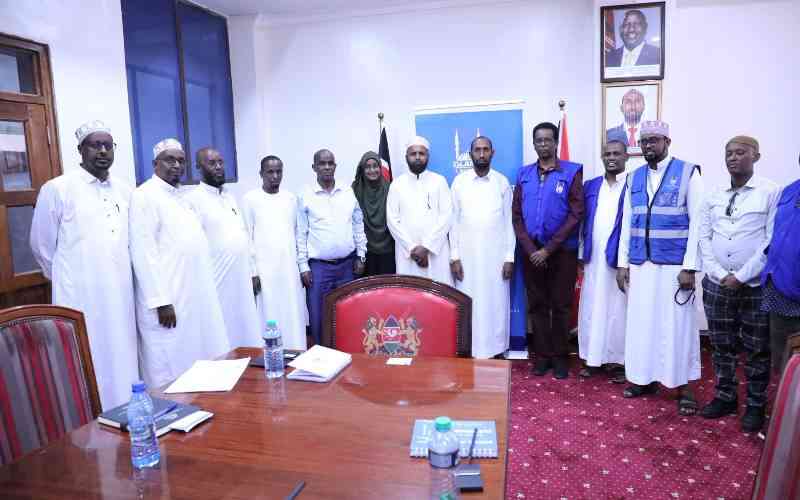
Beyond infrastructure, Islamic Relief Kenya continues to address barriers that keep children out of school, particularly girls. Through initiatives like providing dignity kits, quarterly stipends for over 3,400 orphans, and livelihood support for families, Islamic Relief Kenya ensures children can attend school without interruptions.
“Education is a right, not a privilege,” said Hassan Abdille, Country Director for Islamic Relief Kenya. “Upgrading facilities and developing strategies to engage out-of-school children, particularly girls and nomadic groups, will result in higher retention rates.”
Islamic Relief Kenya continues to create opportunities for thousands of children to learn in safe, and dignified environments. Sustained collaboration between government, partners, and communities can break barriers to education, paving the way for a brighter, more inclusive future.
 The Standard Group Plc is a multi-media organization with investments in media
platforms spanning newspaper print operations, television, radio broadcasting,
digital and online services. The Standard Group is recognized as a leading
multi-media house in Kenya with a key influence in matters of national and
international interest.
The Standard Group Plc is a multi-media organization with investments in media
platforms spanning newspaper print operations, television, radio broadcasting,
digital and online services. The Standard Group is recognized as a leading
multi-media house in Kenya with a key influence in matters of national and
international interest.
 The Standard Group Plc is a multi-media organization with investments in media
platforms spanning newspaper print operations, television, radio broadcasting,
digital and online services. The Standard Group is recognized as a leading
multi-media house in Kenya with a key influence in matters of national and
international interest.
The Standard Group Plc is a multi-media organization with investments in media
platforms spanning newspaper print operations, television, radio broadcasting,
digital and online services. The Standard Group is recognized as a leading
multi-media house in Kenya with a key influence in matters of national and
international interest.







